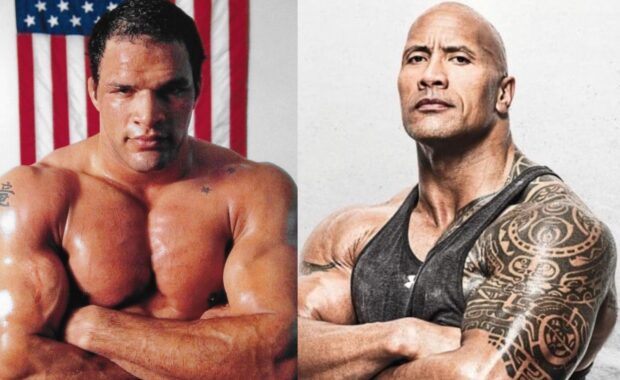
The recent case of Boyd Kramer, a Mosman man found guilty of rape but spared jail time, has ignited a debate about the adequacy of sentencing practices for sexual offenses in Australia. Kramer’s case, along with several other controversial rulings by Judge John North, highlights a systemic issue: lenient sentences for convicted sex offenders are not uncommon in Australia.
An analysis of data from the Australian Bureau of Statistics reveals that over a ten-year period, only half of those found guilty of sexual offenses received custodial sentences. This means that individuals convicted of serious crimes, including rape and possession of child exploitation material, had a 50% chance of avoiding jail time.
Even when considering penetrative sexual offenses committed by adults, a third of those found guilty received non-custodial sentences, such as community service or fines. This raises concerns about whether the current system adequately reflects the severity of these crimes and provides justice for victims.
While some advocate for mandatory sentencing, experts caution that this approach can have unintended consequences. Dr. Rachael Burgin, a criminal justice expert at Swinburne University, argues that mandatory sentencing can lead to fewer guilty verdicts, as offenders may be less likely to plead guilty and juries may hesitate to convict if they feel the weight of automatically imposing a prison sentence.
Instead, experts propose the introduction of specialized courts and judges with specific training in sexual offense cases. This approach aims to ensure that judges possess the necessary expertise to understand the complexities and nuances of these cases, leading to more appropriate and consistent sentencing.
New South Wales has already implemented specialized judges for cases involving child victims, with positive results. Annie Jones, a survivor of child sexual abuse who participated in a pilot program with a specialized judge, believes that this approach led to a more appropriate sentence for the offender and a more empathetic courtroom experience.
Experts like Dr. Burgin advocate for expanding specialized courts to cover all sexual offense matters, not just those involving children. These courts would offer a range of benefits, including tailored support services for victims, streamlined processes, and judges with specific expertise in handling these sensitive cases.
The Australian Law Reform Commission is currently reviewing how sexual offenses are handled in Australian courts. In anticipation of their recommendations, the “Take the Stand” campaign aims to highlight the shortcomings of the current system and advocate for reforms that prioritize the needs of victim-survivors.
The call for specialized courts and judges represents a potential shift towards a more just and effective approach to addressing sexual offenses in Australia. By providing judges with the necessary expertise and creating a more supportive environment for victims, the justice system can better serve the needs of survivors and ensure that perpetrators are held accountable for their actions.
















Be the first to leave a comment